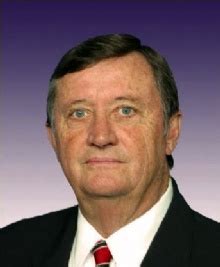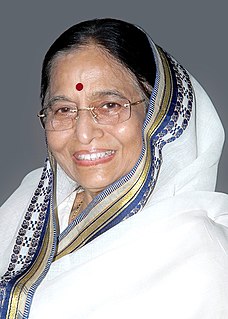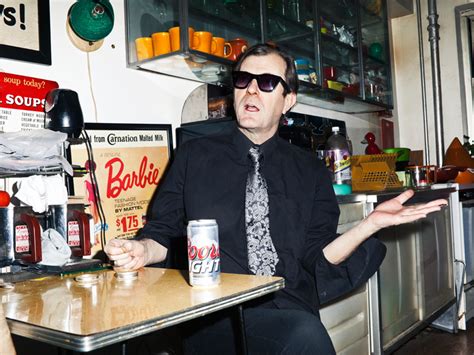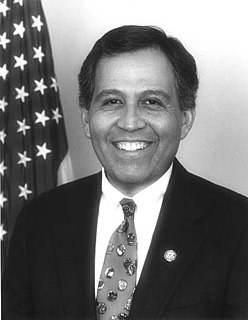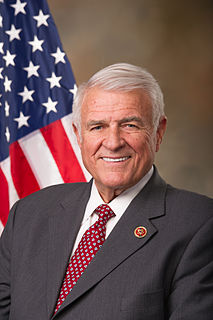A Quote by William L. Jenkins
Often dismissed or underestimated by political opponents, President Reagan had the most valuable weapon in the political arsenal: a bond with the people.
Related Quotes
There are several dozen political prisoners in Russia. When I cite that number people are often very surprised. They often think there are more. Well - there are hundreds of thousands of people who haven't had a fair trial, who are victims of the political system. But in the Amnesty International sense of the word, most of them are not political prisoners because they are not going to prison for protesting.
There are people who believe that there should be a standard psychiatric examination for every presidential candidate and for every president. But these are difficult issues because they can't ever be entirely psychiatric. They're inevitably political as well. I personally believe that ultimately ridding the country of a dangerous president or one who's unfit is ultimately a political matter, but that psychological professionals can contribute in valuable ways to that decision.
Ronald Reagan's legacy is deeply misunderstood because there are political actors in America who, for several reasons, have privately held agendas that they want to sell to the American public in the most appealing way possible. They often find the best way to do that is to package their product with the Reagan brand.
I'm concerned about the negative aspect of political campaigning in american nation, which is a new phenomenon. When I ran for president against Gerald Ford and later against Ronald Reagan we never referred to each other except as 'my distinguished opponent'. And had we criticised personally our opponent it would have been political suicide, we would have been castigated and condemned for it.
Singling out political opponents for working against the ruling party is precisely the tactic of every tyrannical government from Red China to Venezuela. The first step in the process is creating unfounded public suspicion of political opponents, followed by arresting and jailing any who continue speaking against the regime.
